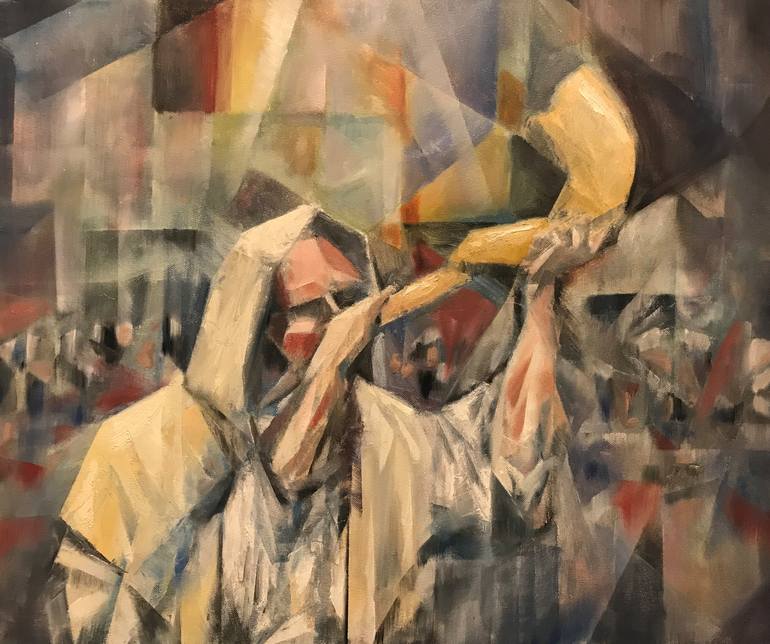Significance of the Shofar
HaRav Shlomo Aviner, Head of Yeshivat Ateret Yerushalayim.

The significance of the Shofar comes to expression in both the birth and the future of Am Yisrael. In the mussaf prayer on Rosh Hashana, we recall the giving of the Torah: “You revealed Yourself to Your holy people in the cloud of Your glory in order to speak to them, You revealed Yourself to them in thunder and lightning, and You appeared to them through the sound of the shofar.” Yeshayahu also tells us that in the final Redemption, “It shall be that on that day, a great shofar will be blown, and those who were lost in the land of Ashur will come, as well as those who were cast aside in the land of Egypt, and they shall bow down before God on the holy mountain, in Jerusalem.” The Creator revealed His Divine will through the shofar at Matan Torah. The ultimate purpose of the events at Sinai is the future revelation of God’s light throughout the world at the final Redemption: “A great shofar will be blown…and they shall bow down before God on the holy mountain, in Jerusalem.” According to Chassidut, the passage from Yeshayahu mentions two types of Jews: those “lost” (ha’ovdim) in Ashur and those “cast aside” (hanidachim) in Egypt. Thee land of Ashur is the land of ecstasy and bliss. Some people get “lost” in all the bliss, as the Torah teaches: “And Yeshurun [Am Yisrael] became fat and he kicked.” Too much physical and material delight can cause Am Yisrael to extinguish the sparks of divinity in their souls; these sparks drown in the flood of wordly pleasures and foreign influences to which they are constantly exposed. Another group of people is “cast aside” in Egypt, where suffering causes them to abandon God: “And they did not listen to Moshe on account of distress and hard work.” Their nobleness of spirit was eroded by their many trials and hardships. The great shofar of Redemption will awaken those who have fallen into the clutches of Ashur and those who have been swallowed up by Egypt. Rambam teaches: “Although the blowing of the shofar on Rosh Hashana is a mitzva for which no reason is stated, it is as if the shofar were suggesting, ‘Arise from your sleep, you who slumber. Repent with contrition. Remember your Creator. Peer into your soul and improve your ways and your deeds.’”³⁴ This is also the message of R. Amnon, the holy author of the “Unetaneh Tokef” prayer in mussaf of Rosh Hashana: “A great shofar blast shall sound, and a still, small voice will be heard.” If a great shofar is blown, how can the sound be still and small? The answer is that on that awesome day, one hears an inner voice – the voice of the soul, the Divine speaking from within. The shofar blast is the catalyst which frees our soul from its fetters and grants us the power to hear: “And a still, small voice will be heard.”






